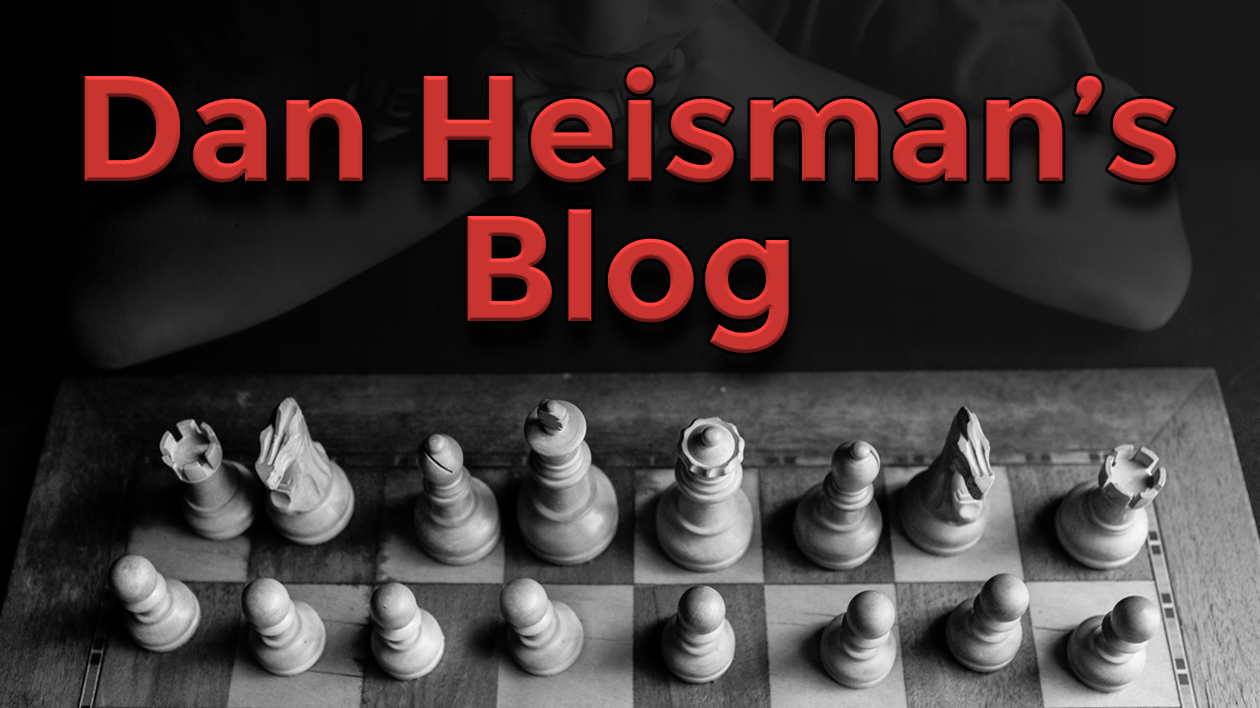
Move every piece once...
The grandaddy of all opening principles is "Move every piece once before you move every piece twice unless there is a tactic." In his venerable book Common Sense in Chess, World Champion Emanuel Lasker's rules for development of the pieces #2 is "Do not move any piece twice in the opening, but put it at once upon the right square." I added "...unless there is a tactic", which can be added to almost all "positional" principles, since if you need to move a piece twice to capture a queen that's en prise or avoid capture by a pawn, that's clearly not intended to be a violation of a principle.
As I explain in Strong Principles vs. Important Principles, "Move every piece once..." is a very important but not so strong principle. However, it is almost necessary for inexperienced players to try to consistently follow it; most don't but, if they did so, it would improve their openings greatly. You have to learn how to walk before you can run. The main goal of the opening is to safely, efficiently, and effectively activate all your forces, and following this principle, at least until you are a strong intermediate player, goes a long way towards accomplishing that goal.
By my estimation I have taught about 700 players in private one-on-one sessions who, at least when they first approached me, were inexperienced enough that they would move pieces multiple times unnecessarily instead of trying to activate all their forces. Would a football coach purposely play with less than 11 players or a basketball coach want to play with less than 5? Believe it or not, only one student was able to consistenty follow this advice from the time I suggested it, which shows the strong temptation to do otherwise. Eventually, of course, all the players who became much stronger were able to do safely and efficiently activate their forces in most games, or they would not have made it that far.
For example, many inexperienced players make threats that are easily met, in the hope that the opponent will miss the threat and thus an allow them a quick, easy win (No, I don't call this Hope Chess - see #3 in Novice Nook Quiz). These easily defended threats may work well against beginners, but making them can become a very bad habit that will backfire when playing against stronger players. Most threats are not worth making that early in the game - see The Three Reasonable Types of Threats.
The John Keir story is a great one from which to learn:
John is the father of one of my students from the 1990's, Clayton. About 20 years ago, John decided to become a US Chess Federation tournament director (TD) but, when he decided to move up to the second level, he found that one of the requirements was to have tournament experience. So he played in one event and received a provisional rating of about 1150. For his second event he decided to enter the Under-1200 section of the large National Chess Congress, then held at the Adam's Mark Hotel in Philadelphia. It turned out that section had many promising young players who later would become much stronger.
Nevertheless, John had a fantastic tournament, scoring a perfect 6-0 and winning, if I remember correctly, $583.
So after the event I went up to John and said,
"That was fantastic, congratulations! How did you do it?"
John's reply was memorable. He grinned and told me,
"Well, you know how when you are teaching Clayton how, every game, you have to tell him 'Move every piece once before you move any piece twice, unless there is a tactic?' Well, I resolved that in this event I would do that every game, no matter what.
"So I did, and each game I found myself with seven pieces active, but my opponents all dilly-dallied in one way or another and they usually had only three or four. So naturally I had a good attack, and all I had to do was be careful and avoid falling into an easy tactic. Luckily, I was able to, and thus was able use that attack to win."
My reply was immediate:
"John, if we could take that, bottle it, and sell it, we could make a fortune!" 
